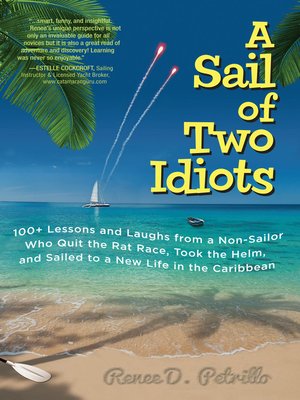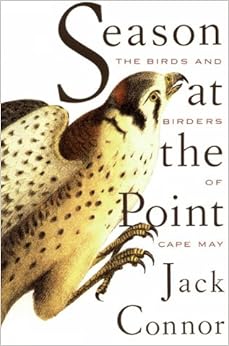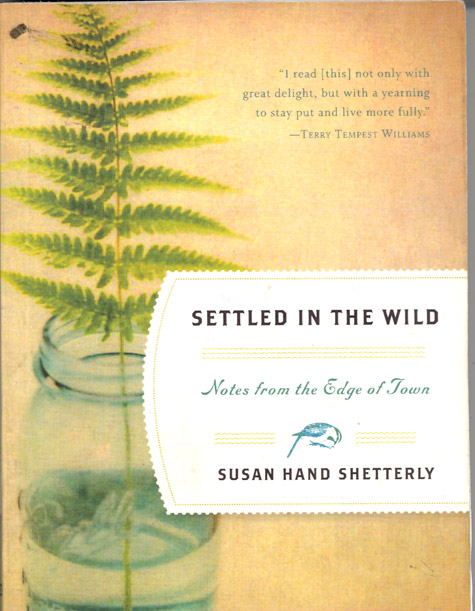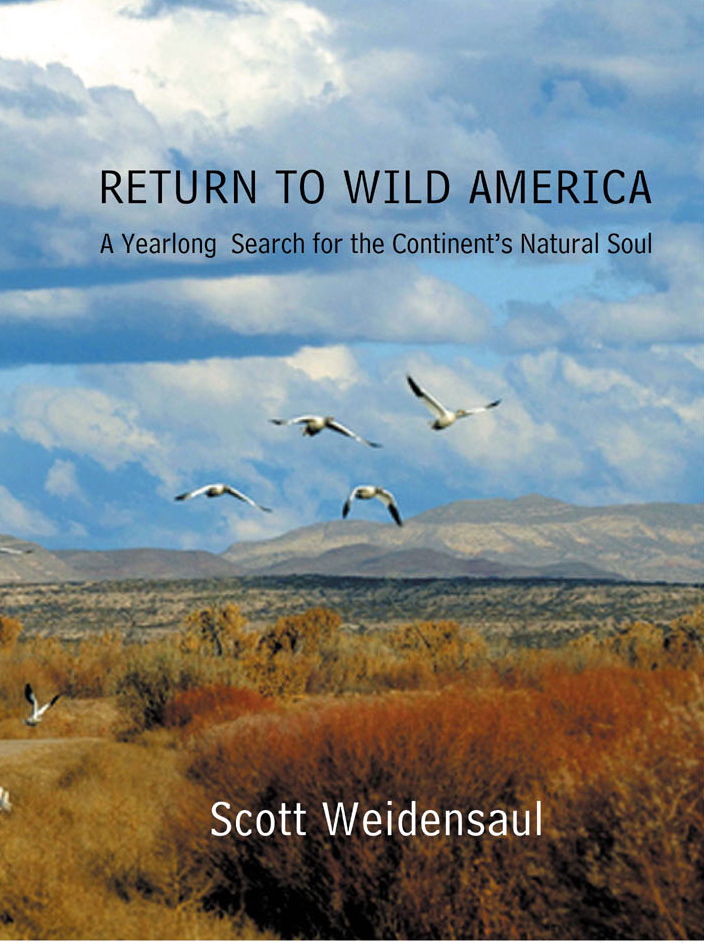Summary from Amazon:
WINNER OF THE PULITZER PRIZE
From the highly acclaimed, multiple award-winning Anthony Doerr, the beautiful, stunningly ambitious instant New York Times bestseller about a blind French girl and a German boy whose paths collide in occupied France as both try to survive the devastation of World War II.
Marie-Laure lives with her father in Paris near the Museum of Natural History, where he works as the master of its thousands of locks. When she is six, Marie-Laure goes blind and her father builds a perfect miniature of their neighborhood so she can memorize it by touch and navigate her way home. When she is twelve, the Nazis occupy Paris and father and daughter flee to the walled citadel of Saint-Malo, where Marie-Laure’s reclusive great-uncle lives in a tall house by the sea. With them they carry what might be the museum’s most valuable and dangerous jewel.
In a mining town in Germany, the orphan Werner grows up with his younger sister, enchanted by a crude radio they find. Werner becomes an expert at building and fixing these crucial new instruments, a talent that wins him a place at a brutal academy for Hitler Youth, then a special assignment to track the resistance. More and more aware of the human cost of his intelligence, Werner travels through the heart of the war and, finally, into Saint-Malo, where his story and Marie-Laure’s converge.
Doerr’s “stunning sense of physical detail and gorgeous metaphors” (San Francisco Chronicle) are dazzling. Deftly interweaving the lives of Marie-Laure and Werner, he illuminates the ways, against all odds, people try to be good to one another. Ten years in the writing, a National Book Award finalist, All the Light We Cannot See is a magnificent, deeply moving novel from a writer “whose sentences never fail to thrill” (Los Angeles Times).
NPR Review: http://www.npr.org/2014/05/10/310459898/a-fractured-tale-of-time-war-and-a-really-big-diamond
Author's Website: http://www.anthonydoerr.com/
Interview with Author by National Book:
http://www.nationalbook.org/nba2014_f_doerr_interv.html#.VwquNRMrKRs
Interview with Simon and Schuster:
https://www.youtube.com/watch?v=IYBK3Lsx7aI
Interview with Scribner Magazine:
http://www.scribnermagazine.com/2014/10/anthony-doerr-all-the-light-we-cannot-see/
Reading Group Guide:
http://books.simonandschuster.com/All-the-Light-We-Cannot-See/Anthony-Doerr/9781476746586/reading_group_guide
Discussion Questions from Simon and Schuster:
1. The book opens with two epigraphs. How do these quotes set the scene for the rest of the book? Discuss how the radio plays a major part in the story and the time period. How do you think the impact of the radio back then compares with the impact of the Internet on today’s society?2. The narration moves back and forth both in time and between different characters. How did this affect your reading experience? How do you think the experience would have been different if the story had been told entirely in chronological order?3. Whose story did you enjoy the most? Was there any character you wanted more insight into?4. When Werner and Jutta first hear the Frenchman on the radio, he concludes his broadcast by saying “Open your eyes and see what you can with them before they close forever” (pages 48–49), and Werner recalls these words throughout the book (pages 86, 264, and 409). How do you think this phrase relates to the overall message of the story? How does it relate to Madame Manec’s question: “Don’t you want to be alive before you die?” (page 270)?5. On page 160, Marie-Laure realizes “This . . . is the basis of his fear, all fear. That a light you are powerless to stop will turn on you and usher a bullet to its mark.” How does this image constitute the most general basis of all fear? Do you agree?6. Reread Madame Manec’s boiling frog analogy on page 284. Etienne later asks Marie-Laure, “Who was supposed to be the frog? Her? Or the Germans?” (page 328) Who did you think Madame Manec meant? Could it have been someone other than herself or the Germans? What does it say about Etienne that he doesn’t consider himself to be the frog?7. On page 368, Werner thinks, “That is how things are . . . with everybody in this unit, in this army, in this world, they do as they’re told, they get scared, they move about with only themselves in mind. Name me someone who does not.” But in fact many of the characters show great courage and selflessness throughout the story in some way, big or small. Talk about the different ways they put themselves at risk in order to do what they think is right. What do you think were some shining moments? Who did you admire most?8. On page 390, the author writes, “To shut your eyes is to guess nothing of blindness.” What did you learn or realize about blindness through Marie-Laure’s perspective? Do you think her being blind gave her any advantages?9. One of Werner’s bravest moments is when he confronts von Rumpel: “All your life you wait, and then it finally comes, and are you ready?” (page 465) Have you ever had a moment like that? Were you ready? What would you say that moment is for some of the other characters?10. Why do you think Marie-Laure gave Werner the little iron key? Why might Werner have gone back for the wooden house but left the Sea of Flames?11. Von Rumpel seemed to believe in the power of the Sea of Flames, but was it truly a supernatural object or was it merely a gemstone at the center of coincidence? Do you think it brought any protection to Marie-Laure and/or bad luck to those she loved?12. When Werner and Marie-Laure discuss the unknown fate of Captain Nemo at the end of Twenty Thousand Leagues Under the Sea, Marie-Laure suggests the open-endedness is intentional and meant to make us wonder (page 472). Are there any unanswered questions from this story that you think are meant to make us wonder?13. The 1970s image of Jutta is one of a woman deeply guilt-ridden and self-conscious about her identity as a German. Why do you think she feels so much guilt over the crimes of others? Can you relate to this? Do you think she should feel any shame about her identity?14. What do you think of the author’s decision to flash forward at the end of the book? Did you like getting a peek into the future of some of these characters? Did anything surprise you?15. Aleksandr Solzhenitsyn once wrote that “the line dividing good and evil cuts through the heart of every human being.” All the Light We Cannot See is filled with examples of human nature at its best and worst. Discuss the themes of good versus evil throughout the story. How do they drive each other? What do you think are the ultimate lessons that these characters and the resolution of their stories teach us?







.jpg/220px-All_the_Light_We_Cannot_See_(Doerr_novel).jpg)






